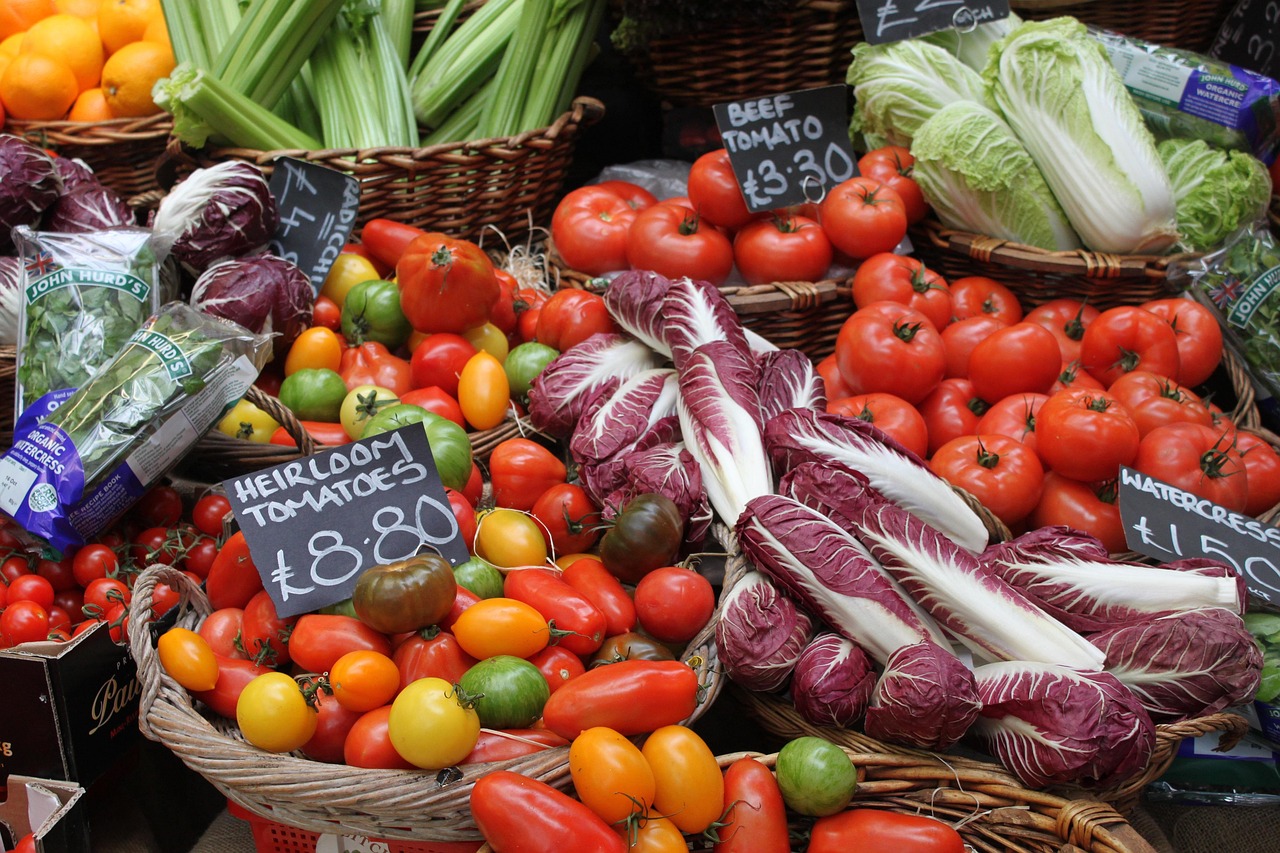Cultural Etiquette in the United Kingdom
Master British customs and social norms for a smooth visit
Understanding UK cultural norms will help you navigate social situations with confidence and avoid common faux pas. While the British are generally tolerant of cultural differences, knowing local customs shows respect and can enhance your experience. From the famous British queue to proper pub etiquette, this guide covers essential do's and don'ts for visitors to the United Kingdom.
Social Customs and Manners
British culture values politeness, reserve, and respect for personal space. Understanding these fundamental social norms will help you blend in and make positive impressions.
The Art of Queuing
Perhaps the most famous British custom is queuing (standing in line). British people queue for everything - buses, shops, cafes, even ATMs. Never jump the queue - it's considered extremely rude and may draw stern looks or comments.
- Always join the back of the queue
- Respect personal space (arm's length distance)
- Be patient - complaining won't make it move faster
- If unsure, ask "Is this the queue for...?" before joining
Greetings and Introductions
- Handshakes: Firm but brief in business settings
- Personal Space: British people value their space - avoid hugging unless invited
- "How are you?": Usually rhetorical - a brief "Fine, thanks" is expected
- Eye Contact: Moderate eye contact shows engagement, but prolonged staring is uncomfortable


Dining Etiquette
British dining customs blend formal traditions with modern casualness. Knowing these basics will help you navigate any dining situation.
Restaurant Manners
- Table Manners: Keep elbows off the table while eating, but rest them there between courses
- Cutlery: Fork in left hand, knife in right (even if left-handed)
- Signals: Place cutlery together (4 o'clock position) when finished
- Napkins: Place on lap, not tucked into collar
Pub Etiquette
Pubs are central to British social life. Here's how to navigate them:
- Ordering: Go to the bar to order - there's no table service for drinks
- Rounds: If drinking with others, take turns buying rounds for the group
- Seating: Tables are first-come, first-served unless reserved
- Food: Order food at the bar or table depending on the pub
- Closing Time: "Last orders" means final drinks - finish up when announced
Afternoon Tea
If enjoying traditional afternoon tea:
- Eat sandwiches first, then scones, then cakes
- Tear scones in half with hands (don't cut with knife)
- Add jam first, then cream (unless in Devon - they do cream first!)
- Sip tea quietly, don't slurp
Communication and Language
The British communication style values politeness, indirectness, and humor. Here's how to navigate conversations successfully.
Polite Phrases to Master
- "Please" and "Thank you": Use liberally - it's never too much
- "Sorry": British people apologize constantly, even when not at fault
- "Excuse me": To get attention or pass by someone
- "Pardon?": More polite than "What?" when you didn't hear
- "Cheers": Means "thanks" (not just for toasting)
- "Lovely": Common positive response to almost anything
- "Brilliant": Means great or excellent
- "Ta": Informal "thanks" in some regions
Topics to Avoid or Handle Carefully
- Money: Don't ask about salaries or how much things cost
- Politics: Approach carefully unless you know the person well
- Religion: Generally considered private
- Age: Don't ask women their age
- Brexit: A divisive topic - tread carefully
Small Talk Favorites
Safe conversation starters include:
- Weather: The classic British topic - always acceptable
- Transport: Delays, traffic, and public transport woes
- Sport: Football (soccer), rugby, cricket, tennis
- Tea: How you take it, favorite types, tea vs. coffee
- Television: Popular shows and British programs
Important Do's and Don'ts
DO
- Stand on the right on escalators (especially in London)
- Mind the gap between train and platform
- Offer your seat to elderly, pregnant, or disabled passengers
- Say "please" when ordering and "thank you" when served
- Tip 10-15% in restaurants (check if service is included)
- Wait for everyone to be served before starting to eat
- Keep noise levels down on public transport
- Respect privacy - British people value personal space
DON'T
- Jump queues or push in line
- Talk loudly on public transport or in public spaces
- Open an umbrella indoors (considered bad luck)
- Block doorways or escalators - move aside
- Assume everyone is English (Scotland, Wales, N. Ireland have distinct identities)
- Make jokes about the Royal Family to strangers
- Eat or drink on public transport (especially the Tube)
- Call British people "Brits" unless they use it first
Tipping Guide
Tipping in the UK is less expected than in some countries, but it's appreciated for good service.
| Service | Expected Tip | Notes |
|---|---|---|
| Restaurants | 10-15% | Check if service charge included. Not required in cafes or fast food. |
| Pubs | Not expected | Offer to buy bartender a drink ("and one for yourself") if exceptional service. |
| Taxis | 10% or round up | Round up to nearest pound for short journeys. |
| Hotels | £1-2 per bag | For porters. Not required for housekeeping. |
| Hairdressers | 10% | Optional but appreciated. |
| Tour Guides | £5-10 | Per person for full-day tours if satisfied. |
Experience British Culture with Confidence
Let us show you the best of British hospitality and customs
View Our Tours Contact Us